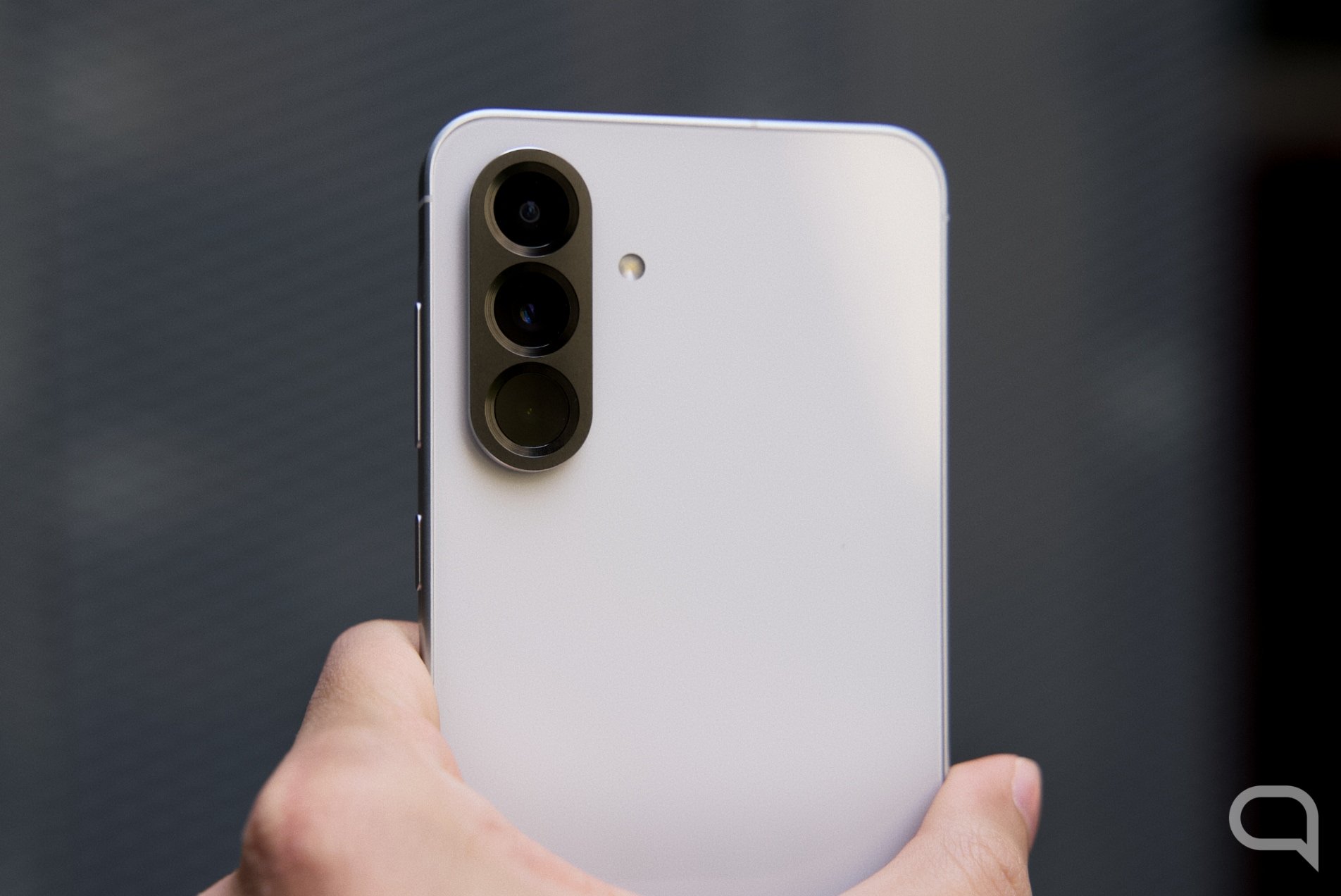The world is divided into two types of people: those who hate grapefruit and those who adore it. The truth is that this fruit has a taste that is much harder to tolerate than other citrus fruits such as oranges or tangerines. However, there are people who really like to eat it neat, with a little sugar or pressed. But the truth is that, in addition to the complex taste, interaction of grapefruit with medications This is another reason why some people should avoid this fruit.
Exists very long list of medications which should not be taken with grapefruit, whole or in juice form. This is due to the fact that it contains substances that can affect the entry of drugs into the blood. In most cases it will cause more to pass through, so the same effect will be produced as when using overdose. However, this happens with some other medications. vice versa. The absorption of its active ingredients is reduced, so they do not work.
For all this, you need to know the interactions of grapefruit with medications and take into account which of them it should not be mixed with. Typically this is reported in the prospectus. Sometimes we read the dosage so that we know how to take the drug, and that’s all. But all the information in the booklet is useful, so we should read it. In any case, if you have doubts, if we take the drug regularly and we like the taste of grapefruit, we should ask the doctor or pharmacist if it is correct to mix them. Of course, those who are part of the half of the population that hates this fruit can continue to circulate. There is no problem for them.
What causes grapefruit to interact with medications?
To ensure that the medicine is first eliminated from the body must be metabolized. That is, the cells break it down and it enters the blood in a dose adequate to treat the condition or symptom in question without reaching cause damage. These doses are pre-calculated during clinical trials. But they are designed under normal conditions, and emergency situations may arise that change them.
One of them is the consumption of grapefruit, since this fruit contains substances that block the CYP3A4 enzyme. This is a protein that is involved in drug breakdown in the small intestine. So if you can’t break them down, most of the drug remains in the blood, causing an overdose-like effect.
On the other hand, the interaction of grapefruit with medications is completely opposite. In some cases it may also block drug transport proteins, which are responsible for delivering these drugs to the various cells in which they perform their function. If they are left without a means of transportation, their effect is not enhanced, but reduced, so the drug does not work.
Be careful if you take these drugs

The list of drugs that interact with grapefruit is very extensive. We’ll look at some of the most relevant examples, but when in doubt, it’s always best to consult a professional.
One of the first groups in which this interaction of grapefruit with drugs occurs is the group statinswhich are used for lower cholesterol levels. The case about simvastatin. WITH atorvastatin The effect only appears when consuming large amounts of grapefruit. In any case, prevention is always better than cure, so ideally don’t take it.
On the other side, calcium channel blockers They also interact with grapefruit. These are drugs that relax the muscles of the artery walls, so they are used to treat hypertension and coronary heart disease.
Some calcium channel blockers that should not be mixed with grapefruit: amlodipine, lacidipine or verapamil. The only drug that appears to be safe is diltiazem. But again, if you have any doubts, you should review the instructions and consult a professional.
Likewise, you need to be careful simultaneously with anticoagulants and antiplatelet agents, used to prevent blood clots. In the first case, it is especially dangerous to mix grapefruit with warfarin. Antiplatelet agents should never be mixed with clopidogrel or ticagrelor. WITH aspirin Yes, it can be mixed if low doses of the drug are taken. But again, you’ll have to be careful. Not all people have the same levels of CYP3A4, so doses that are safe for one person may not be safe for another.
They also immunosuppressants, such as cyclosporines, are incompatible with this citrus. And the same thing happens with budesonideused to treat Crohn’s disease.
As for the interaction of grapefruit with medications, the effect of which is reduced, then in the case of antihistamine fexofenadinemarketed as Telfast or Allegra.
Other examples
Many cytotoxic substances used in chemotherapyas well as some antibiotics, anxiolytics or even hormone replacements They may interact with grapefruit.
If we are going to take any medications punctually, the best option is not to eat grapefruit these days. On the other hand, if this treatment lasts for a long time, it is necessary to carefully consult whether it can interact with this fruit.
This is not the only citrus
While grapefruit’s drug interactions are the most well-known, other citrus fruits may have similar effects. This is the case Seville orangesespecially bitter ones, which are often used to make jam, and from Tangeloa fruit obtained by crossing a tangerine and a grapefruit.
So, if you are one of those people who love the distinctive taste of grapefruit, don’t worry if you are not taking any medicine as it is a very healthy fruit. But if you are taking medication for any reason, be sure before you continue taking it.
Source: Hiper Textual














